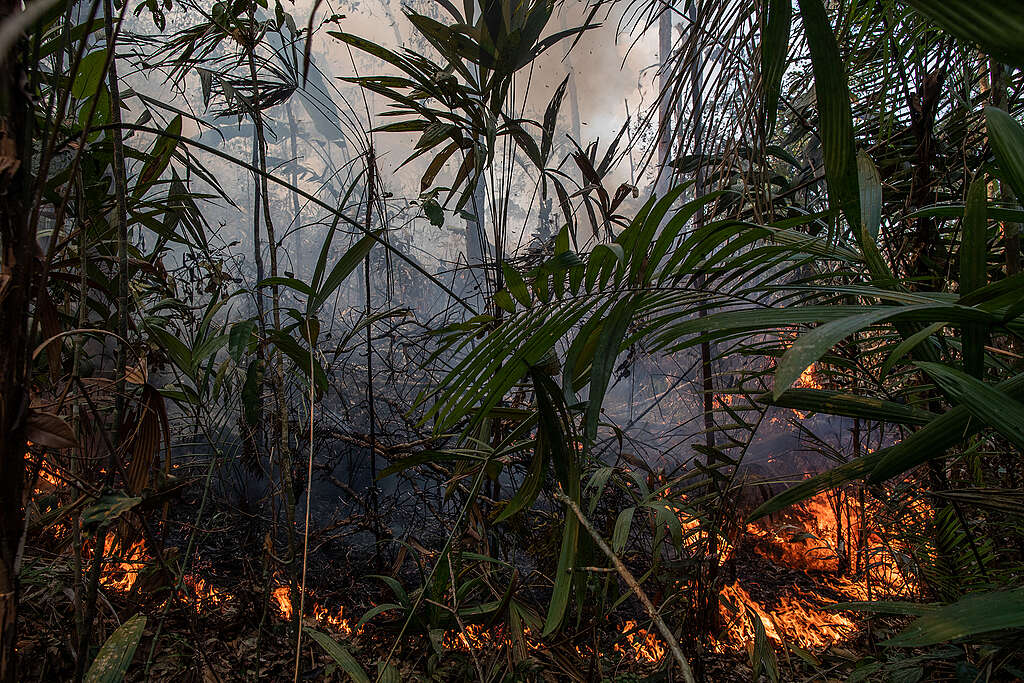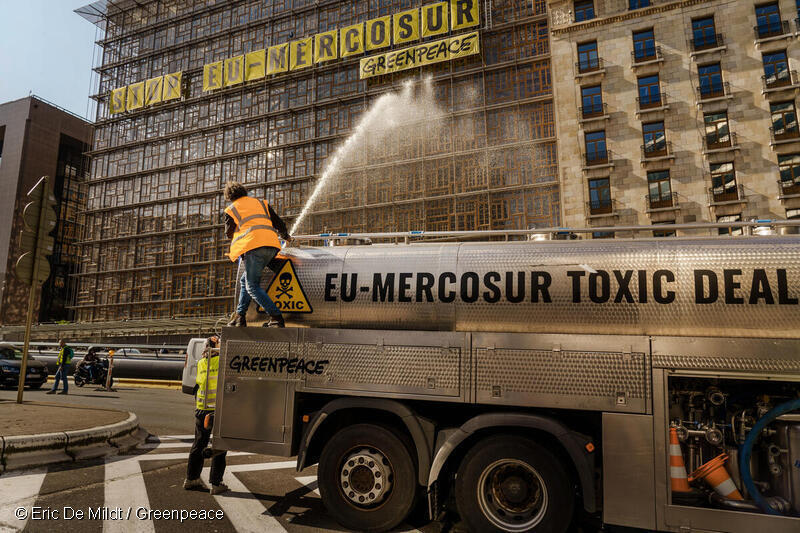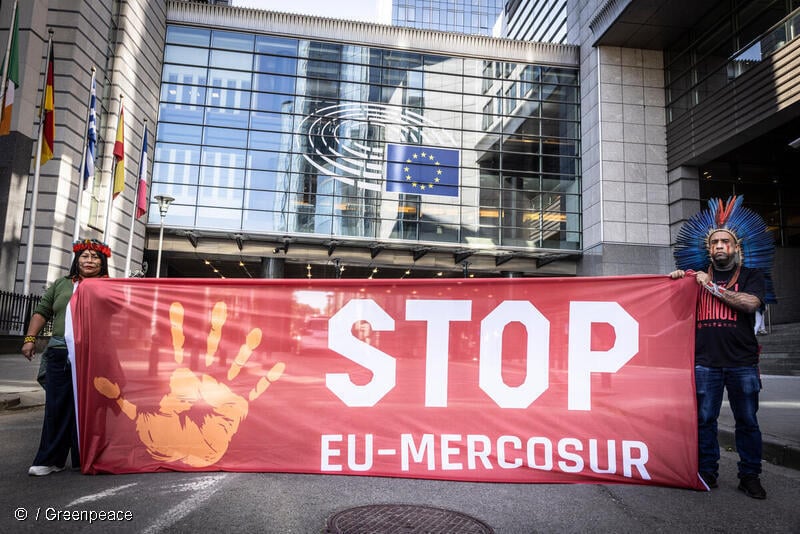Brussels, 9 July 2025 – Today, the European Parliament approved a motion, proposed by MEP Alexander Bernhuber (Austria – EPP), asking the Commission to repeal its regulation on 22 May 2025 that implemented the “country benchmarking” foreseen in Article 29 of the EU Deforestation Regulation (the EUDR).

The motion highlights several shortcomings of the methodology that the Commission used to carry out this “country benchmarking”. However, Bernhuber’s real aim is not to improve the classification of countries, but to force the Commission to further delay the application of the EUDR, which was originally foreseen on 30 December 2024, but has been postponed by one year following an amendment agreed by the EU legislators on 19 December 2024.
The “country benchmarking” regulation must remain in place, as it is an indispensable element of the implementation mechanism. Indeed, in order to properly implement and enforce the EUDR, both operators and national competent authorities must be able to know whether the countries that produce commodities within the scope of the regulation are classified as “standard”, “high” or “low” risk.
If the Commission were to repeal this regulation, as in Bernhuber’s initiative, a new postponement would become necessary. Indeed, it is virtually impossible that the Commission could produce a new methodology for classification of countries ahead of 30 December 2025, the new date the EUDR is set to become applicable.
The regulation would therefore not be applied for several additional months, with heavy consequences for the protection of the world’s forests and for the credibility of the EU’s environmental policy.
Further undermining the credibility of his own Motion, MEP Bernhuber insists on the introduction of a new category of “negligible risk” countries in the country benchmarking, whose products would be exempted from traceability requirements.
This change would have no justification, given that the “low risk” classification under the EUDR already assumes the deforestation risk is those to be “exceptional”. Operators sourcing from “low risk” countries can benefit from a “simplified due diligence” obligation and limited checks from competent authorities. The removal of the traceability requirement would make the system vulnerable to fraud and laundering schemes, since products (particularly wood) from high risk countries could be traded as produced in “negligible risk” ones, possibly jeopardising the effectiveness of the EUDR. All EU countries are classified as “low risk”, so Austrian and other European small farmers are already benefiting from a very favourable regime.
Furthermore, forest owners and other producers of wood and wood products are already subject to the due diligence obligations in the EU Timber Regulation, which requires the traceability of timber up to the point of harvest. The EU forestry sector is supposed to have ensured the traceability for their products since 2013. Claims that they cannot comply with the EUDR in December 2025 are absolutely unbelievable.
Greenpeace Forests Campaigner Sigrid Deters said: “Greenpeace and many other NGOs have insisted that the EUDR country benchmarking must be based on objective and transparent criteria, and not become the subject of political negotiations. We are aware that the Commission’s regulation has shortcomings, but the Commission has committed to review it in 2026. In the meantime, the EUDR must be applied by operators and enforced by competent authorities, according to the agreed schedule.”
“Bernhuber’s Motion is a poorly disguised attempt to derail the EUDR and the Commission must act as the guardian of EU law and reject it. Repealing the country benchmarking now would mean delaying, once again, the application of the EUDR, but forests cannot wait any longer to be protected. We also reject the idea of introducing a new “zero risk” category, particularly if that means exempting entire industries from the traceability requirements: traceability and transparency of all supply chains is a key feature of the EUDR. Doing away with it would be a gift to reckless companies that profit from laundering off unsustainable and illegal products.”
Contacts:
Andrea Carta – Senior Legal Strategist: +32 (0)2 274 1920, [email protected]
Sigrid Dieters – Forests Campaigner: +31 (0) 6 20486610, [email protected]
Greenpeace EU press desk: +32 (0)2 274 19 11, [email protected]


